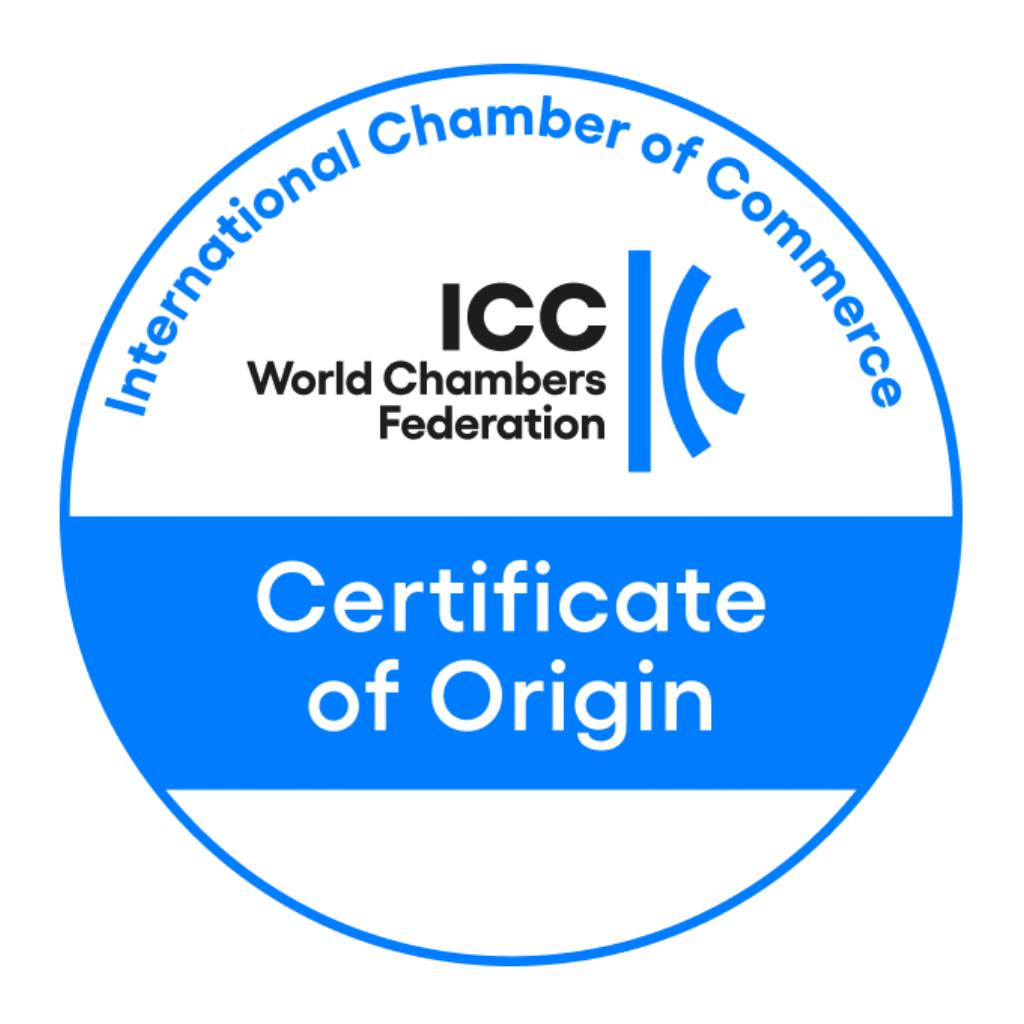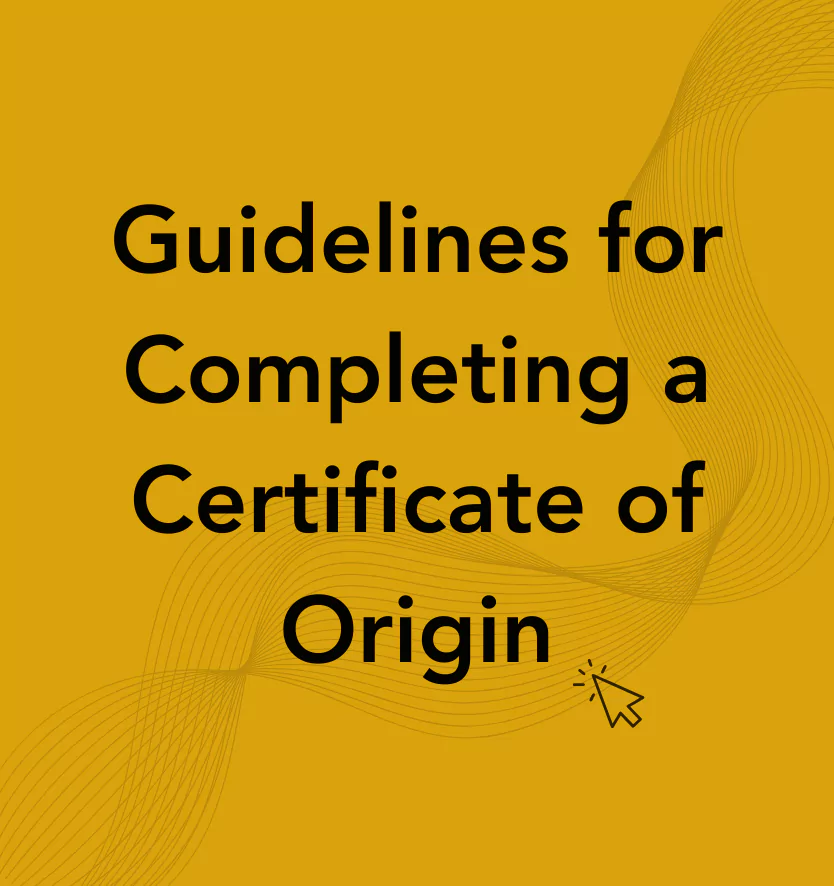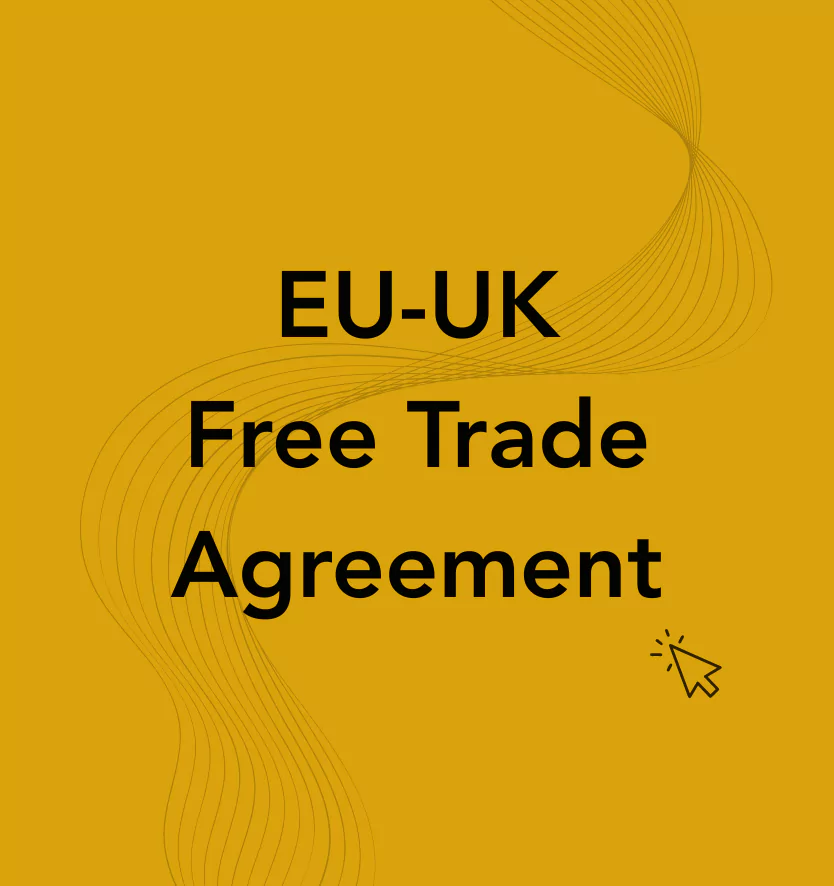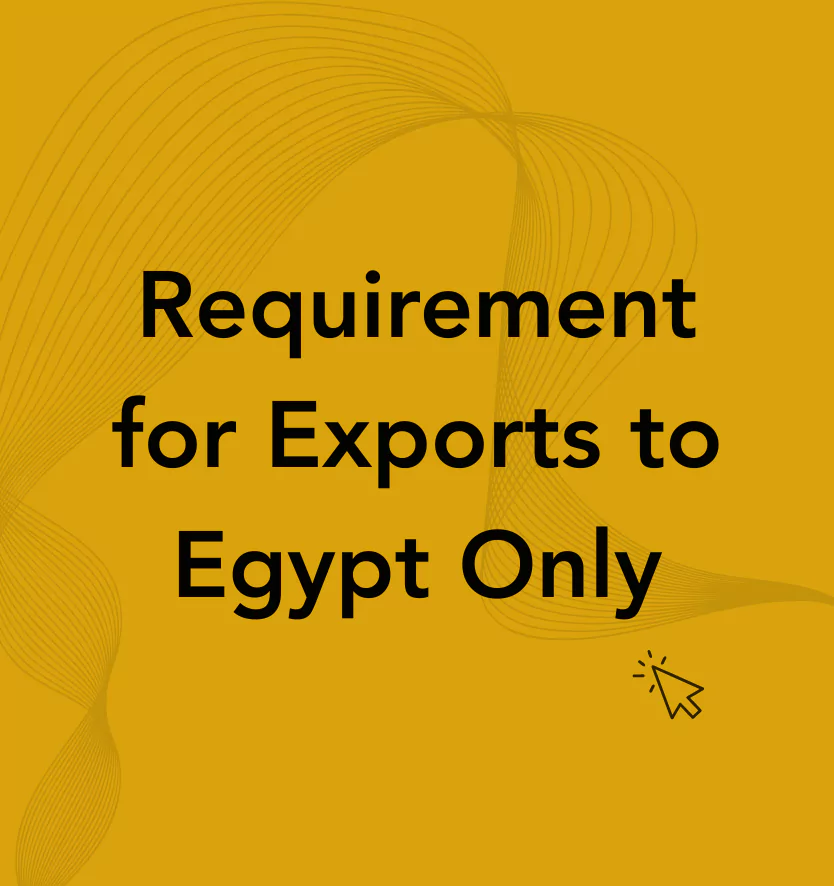
What is a Certificate of Origin?
A Certificate of Origin is a document attesting that goods in a particular export shipment are wholly obtained, produced, manufactured, or processed in a particular country (country of origin). Virtually every country in the world considers the origin of imported goods when determining the appropriate duties and tariffs, quota requirements, or rights of market access (whether the goods may be legally imported at all).
Certificates of Origin are intended to solely prove the origin of goods in order to satisfy customs or trade requirements. Certificates of Origin should only be issued when they are actually needed. For example, in the following circumstances:
- To meet customs requirements in the importing state
- The customer / buyer / importer (consignee) requires it
- To meet ‘quota’ or statistical requirements imposed by the importing country
- To comply with the banking or trade finance requirements / letters of credit
Required Documentation for Registration
A Letter of Indemnity
An undertaking of indemnification is needed with respect to the information provided by the company – this must be renewed every 2 years.
The applicant company agrees to abide by standard rules and indemnifies the chamber against inaccuracy of documents or misleading information.
An indemnity form must be completed on the company’s headed notepaper and it must be signed by an authorised officer or legal representative of the company.
List of Authorised Signatories
The applicant company should advise Cootehill Chamber (by letter on headed notepaper) of the names of staff members who will be authorised to sign applications for Certificates of Origin. The applicant company should keep Cootehill Chamber updated as to any changes in authorised signatories.
A letter of indemnity is also known as the formal undertaking form, and is to be renewed annually.
Certificate of Incorporation
Chambers can only certify documentation for companies that have a registered office in the Republic of Ireland. A Chamber may request evidence of incorporation from the applicant company.


Latest News
- All Post
- Business Events
- Community Events
- Cootehill Chamber
- Courses
- Grants
- Local Business
- News



Copyright © 2025 Cootehill Chamber
Created with ♥ by Keems Design Studio









